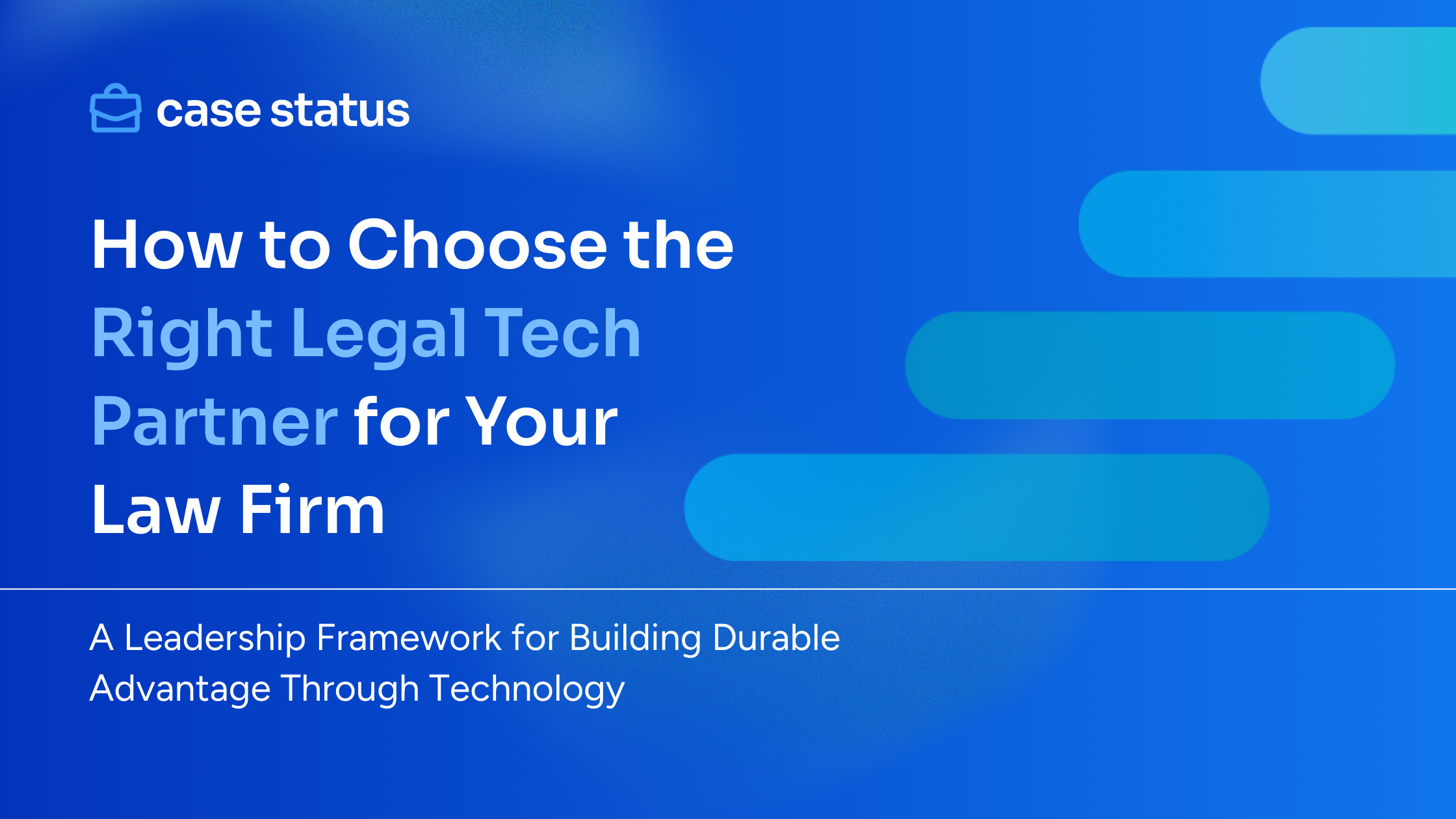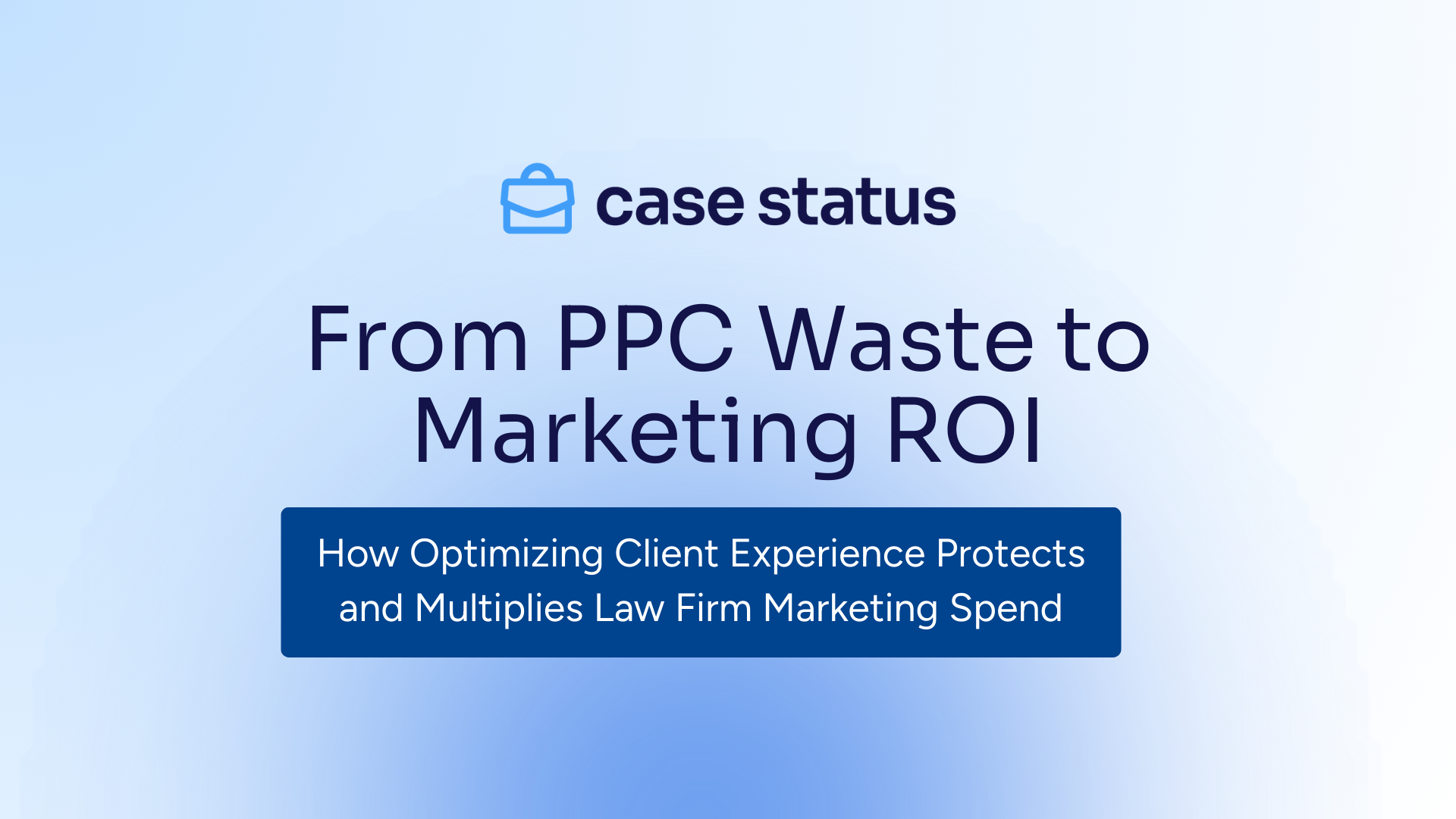
Which AI Is Best for Legal? Lawyers are looking into technology more than ever due to the rise of artificial intelligence. AI has done more to transform the legal sector in the last year than any other technology has in decades. While most professionals have now become familiar with OpenAI’s ChatGPT and Google’s Gemini, many wonder, “Is there any AI for lawyers?” Yes! Dozens of AI software are emerging that have been trained and optimized to assist in legal matters, including document management, legal research, client service, and complex analyses.
Identifying the Best AI for Legal Needs
The primary question lawyers have is, “How is AI used in the legal system?” and that answer largely depends on the firm and type of software they adopt. Some choose to adopt an AI-powered research tool while others use entire suites of AI software to accelerate and automate their systems.
The truth is that no software is perfect for every firm. You have to consider compatibility with existing technologies, functionality, and specific legal needs to make the most profitable choice.
Innovation for innovation’s sake still isn’t the way to go when it comes to adopting AI. Instead, you should embrace innovation from a utility standpoint, choosing software that aligns with your firm’s needs and business objectives.
The Role of an AI Lawyer
When you think of adopting all this new technology, you’ll find yourself asking, “What does an AI lawyer do?” In other words, what does a day in the life look like for a firm that’s leveraging AI?
AI lawyer tasks are much easier than the conventional methods. Legal research can be reduced by hours; organization can be automated; billing can be handled by a system based on client behavior and case timelines. Precedent analyses can help lawyers make more strategic decisions as they prepare arguments and build cases.
The most noticeable difference between a lawyer who uses AI and one who doesn’t is time spent on administrative tasks. AI and automation software go hand-in-hand. The AI notices trends and behaviors, and it triggers automation workflows that manage repetitive, redundant tasks.
AI Availability for Lawyers
Let’s get to the answer you’ve been waiting for: Is there any AI for lawyers? Absolutely! There are over a dozen programs and features that have been specifically designed for lawyers, such as Case Status AI with Case Status.
Which is AI best for legal? There are various AI solutions customized for different aspects of law, such as:
- Legal research tools — These AI-powered software pour through thousands of pages of case law, statutes, and regulations to deliver useful insights and summaries based on your search terms.
- Legal client management — Billing, onboarding, and communications can be facilitated with the help of a legal AI tool.
- Contract tools — Legal writing tools and AI assistants can generate contract templates, draft documents, and scan contracts for conflicting terms, missing clauses, and more.
- Predictive analytics — AI analyses can help lawyers build stronger arguments by offering insights about past rulings in similar cases and judge behavior.
- Automation — By automating time-consuming administrative work, lawyers have more time to devote to building relationships with their clients. This allows them to offer a more personalized level of service that ultimately boosts client satisfaction and raises the firm’s reputation.
AI's Application in the Legal System
In Thomson Reuter’s survey, Future of Professionals Report: How AI is the Catalyst for Transforming Every Aspect of Work, two-thirds of professionals believed that generative AI would be transformational or have a high impact on the legal profession in the coming years.
The legal system is no longer going to be managed by hand or with spreadsheets and one-off software. Paralegals, legal secretaries, junior attorneys, and lawyers will all have new roles in the legal profession as AI becomes more integrated into daily work.
Clients who also experience AI more in their personal lives — either as direct users or indirectly as customers — will begin to expect the same level of service across every domain. This means that firms wishing to stay on top of the competition and stand out in their service areas will need to invest in the right tools to serve clients effectively.
AI will also play a larger role in the legal system going forward. Artificial intelligence can conduct evidence analysis, assist in jury formation, and improve case management in every facet of law. In law enforcement, AI will be involved in predictive policing, report-writing, documentation, and data analyses.
From the judicial standpoint, artificial intelligence will help judges analyze mass quantities of data, draw deeper insights, and reach swifter — and perhaps fairer, in some cases — resolutions.
Top AI Tools for Legal Professionals
Legal AI tools provide enhanced efficiency, improved accuracy, and decision-making. Through the right tools, firms can:
- Automate repetitive tasks: Due diligence, contract review, legal research, eDiscovery, and more are time-consuming tasks that AI can make faster and mor accurate.
- Improve workflows: Tracking deadlines with custom case timelines, scheduled reminders, and automated communication can streamline your firm’s daily operations.
- Accelerate research: Discover the right information sooner thanks to AI legal research tools, which can find both general and lesser-known laws and statutes to support your case.
For example, by integrating a legal research tool, a lawyer can save 10 or more hours a week. The insights they glean from the AI tools results are just as effective as what they would find on their own. They are able to spend less time researching, then dedicate time to verifying and confirming laws and status. From there, they can move to the next phase of their case formulation.
Legal AI Tools: A Closer Look
Below are some of the top legal AI tools you can consider as you explore the possibility of AI in your firm:
- Kira Systems is an AI platform that performs machine-learning contract review to reduce time spent reading and analyzing documents.
- Lex Machina is a legal predictive analysis tool that helps you predict the chance of winning a case. It also suggests winning strategies based on historical outcomes.
- LawGeex uses AI to analyze legal contracts and predict the likelihood of disputes, allowing you to refine your writing and improve outcomes for your clients.
- Case Status AI by Case Status is an AI to help you have more productive, faster conversations with your clients. Case Status AI will suggest responses case-by-case, ensuring that you are able to swiftly reply to your clients without losing dozens of hours a week sending messages.
AI for Law Firms: Implementing the Best Solutions
When it comes to choosing the best AI tools for lawyers, you have to take a strategic approach. The goal is to find the software solutions that will give you the greatest benefits in the shortest amount of time. Consider:
- How long it will take to integrate a software
- The learning curve of adopting a software across your team
- What areas you could apply AI to the quickest to yield the greatest results
- Training needs to facilitate onboarding and build skills internally among your staff
Conclusion
Legal AI tools are slated to transform the way every lawyer practices, whether they adopt technologies in-house or are impacted by the use of AI in the judicial system. An adaptive approach will help you provide higher quality client service, deliver better outcomes, and reduce burnout going forward, especially as more firms adopt AI into their everyday practices.
Click here to discover more about our platform.


.png)
